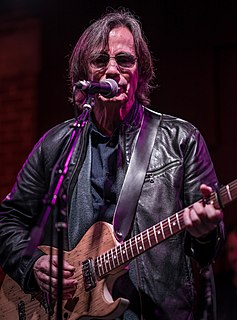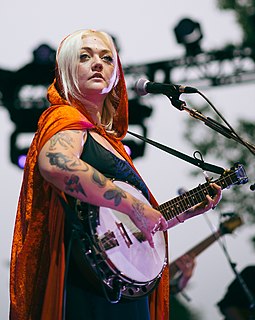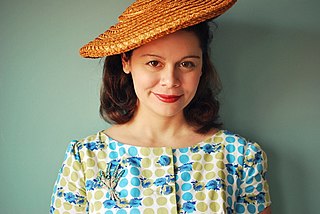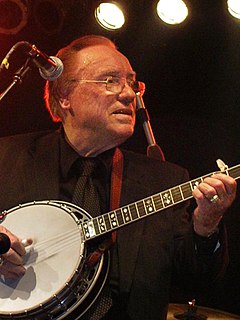A Quote by Mark Twain
Related Quotes
I wrote a post about wanting to buy a banjo - a $300 banjo, which is a lot of money, and I don't play instruments; I don't know anything about music. I like music, and I like banjos, and I think I probably heard Steve Martin playing, and I said, 'I could do that.' And I said to my husband, I said, 'Ben, can I buy a banjo?' And he's like, 'No.'
Earl Scruggs had this thing that it wasn't just the technique or even the instrument. It was him. There was this soulful quality that came through that made you - if you're somebody like me who was, I guess, supposed to play the banjo, it made you stop in your tracks, and you couldn't do anything until you got done hearing him play, and then immediately you'd have to go try and find a banjo.
I'm working on a script right about Civil War re-enactors who go back in time to the actual Civil War. It's kind of a big, crazy Back to the Future comedy. So, of course, it's the Civil War - I play the banjo. I was just having a conversation with one of the producers about some of the material and he was like, 'You know, we have to work in a scene where you play the banjo. And I was like I'll get behind that.
I first heard the banjo on the Beverly Hillbillies, and from then on I was banjo-conscious. But I didn't actually get one until my grandfather gave me one, almost by mistake. He knew I was playing a little bit of guitar. He saw a banjo at a flea market and bought it. I took it home with me and just never put it down. I was fifteen.


































